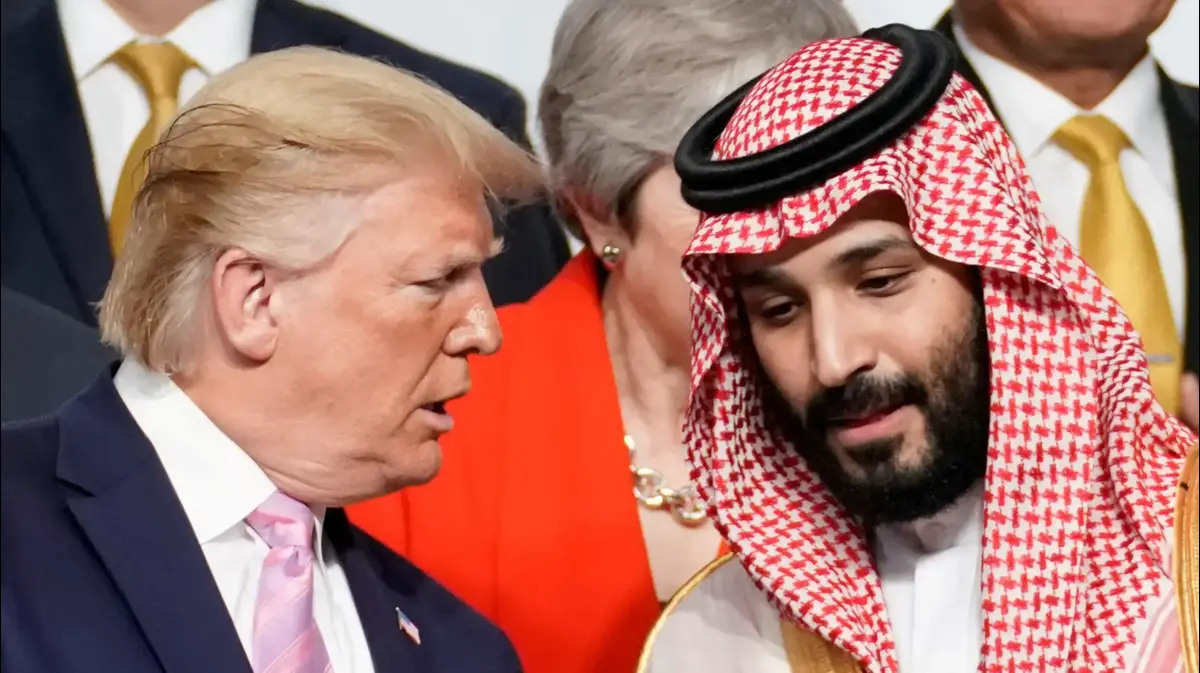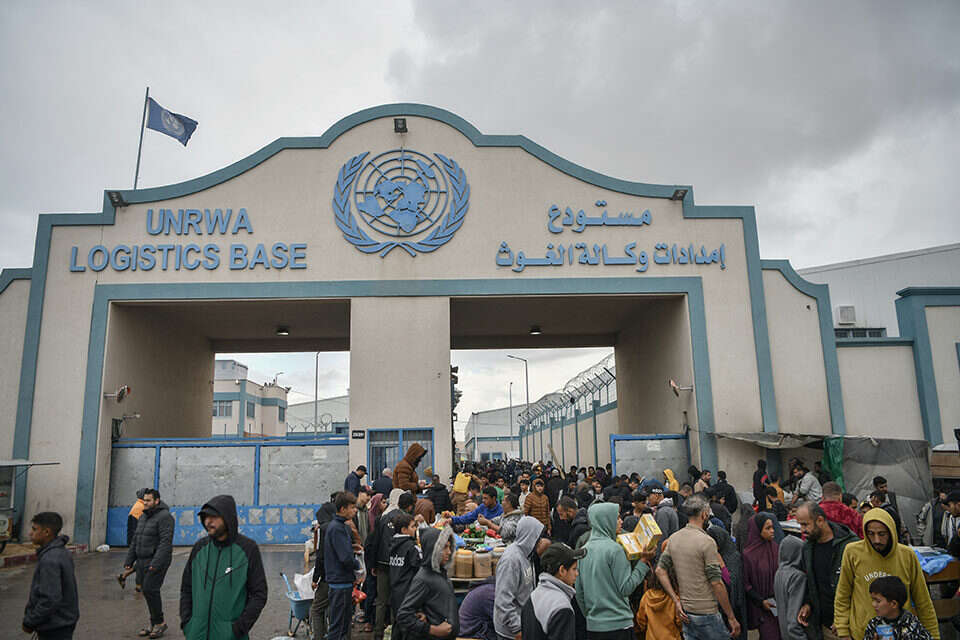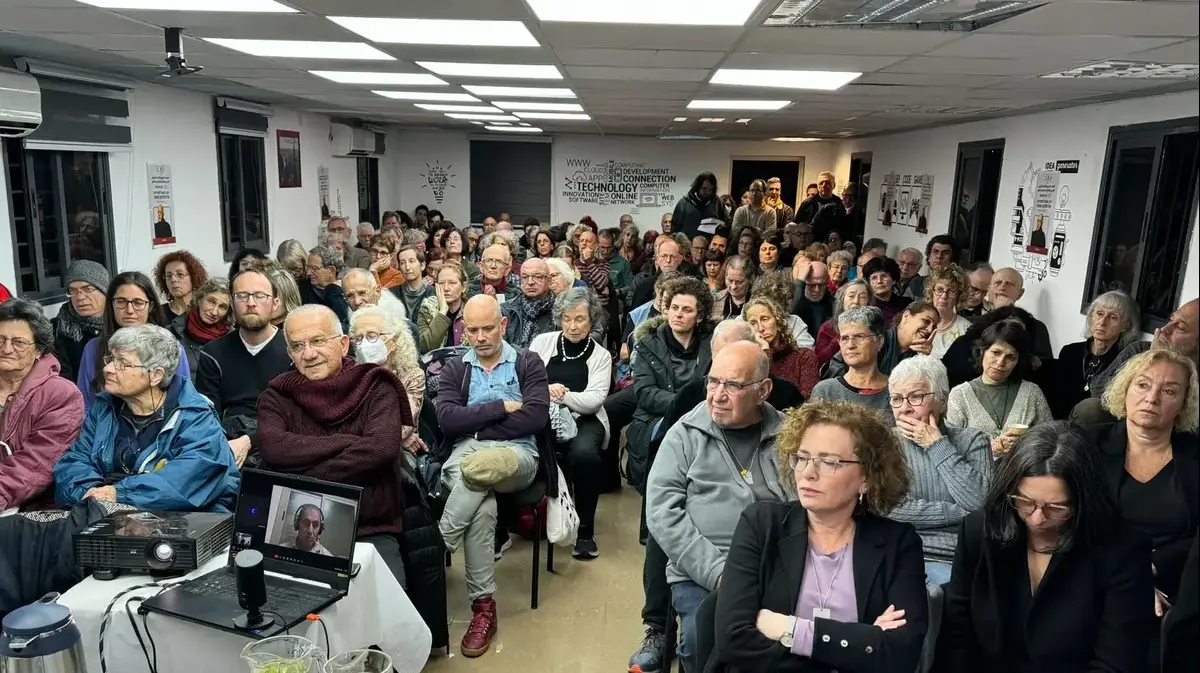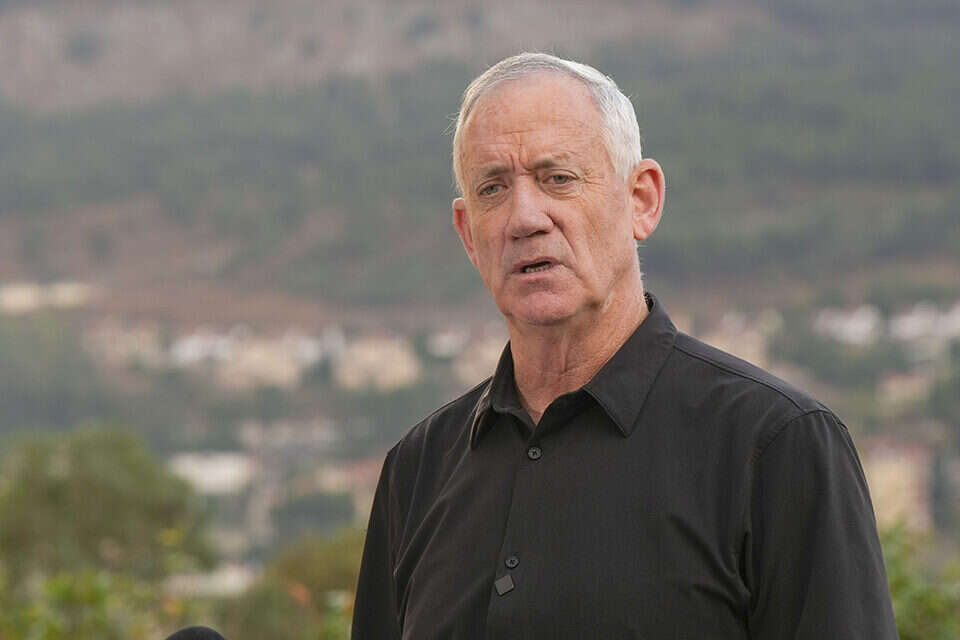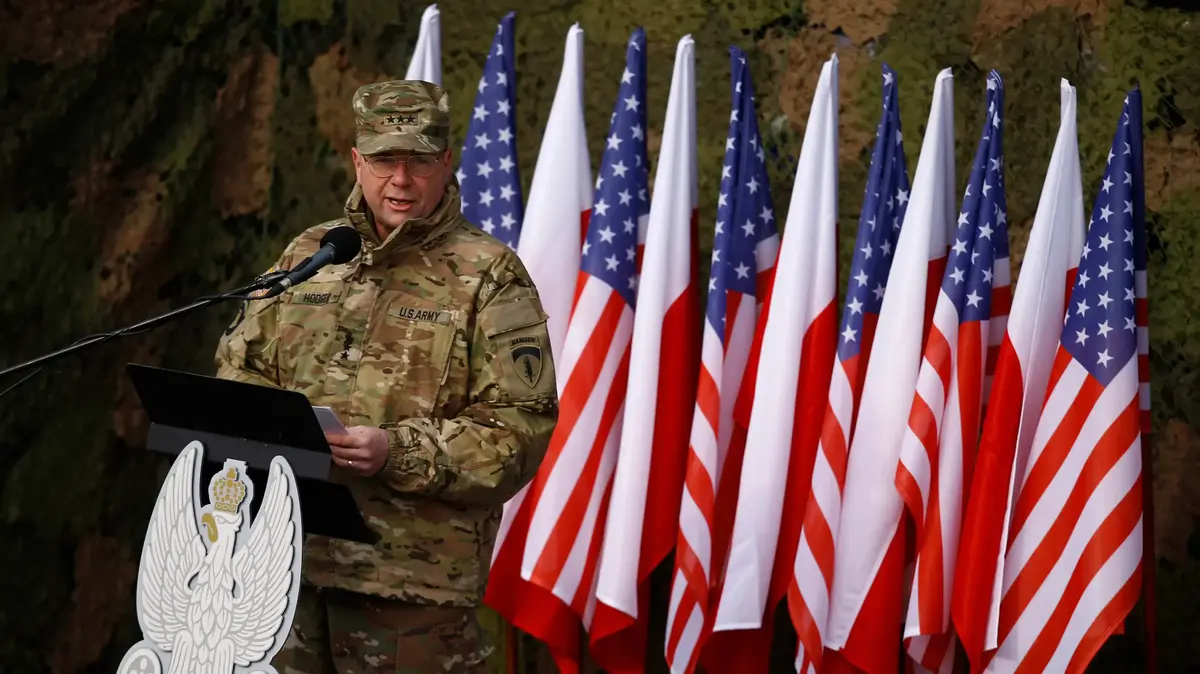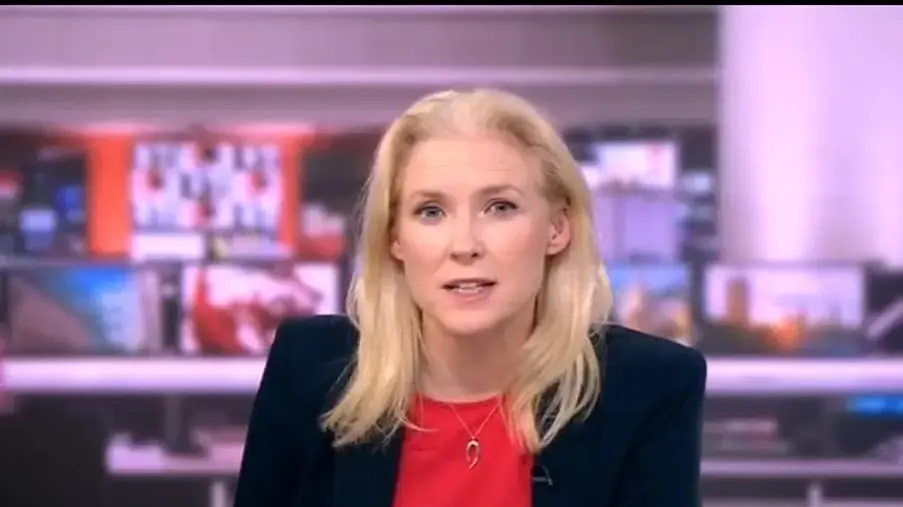The reaction of Arab states to the century deal has shown that the Palestinians no longer care about them
Until a few years ago, the Trump plan was thrown in the trash by the Arab leaders, but their continued support for the administration proves that their priorities have changed. Outwardly, they can't say that, but most of them prefer to keep close relations with the US - even at the cost of abandoning traditional Palestinian support
The reaction of Arab states to the century deal has shown that the Palestinians no longer care about them
Photo: Reuters(Video: Huge protests in Jordan against century deal, yesterday)
Notable guests at the US President Donald Trump's "Century Deal" ceremony were several ambassadors of Arab states, with no official ties with Israel. They applauded when the plan, secretly formulated over the past three years, was presented by the enthusiastic Trump on Monday. Prime Minister Benjamin Netanyahu thanked three - UAE Bahrain and Oman representatives - for coming to the event.
Until a few years ago, such a program would have been thrown in the garbage in the Arab capitals, and no one would have considered supporting it, even in a way as ambiguous and vague as the one now forced to express. Still, the new outline is far from light-years from American peace initiatives in the past, both by Democratic and Republican governments, by UN resolutions and even more by the 2002 Arab Peace Initiative.
More about the century deal in Walla! NEWS:
Erdogan on "century deal": Israel State of Terror, traitorous Arab states Saudi Arabia and Egypt welcomed century deal; Jordan and Turkey warned what is the most effective way to remove stretch marks and firm the skin? Promoted ContentArab ambassadors applauded. Trump and Netanyahu present the plan, in second (Photo: Reuters)
US President Donald Trump and Prime Minister Benjamin Netanyahu Present the White House Deal on January 28, 2020 (Photo: Reuters)
Intelligence on terror attacks planned by Tehran or air assistance in curbing "Islamic State" was more essential than clinging to past clichés and slogansIn the Arab pre-Spring Arab world, which was apparently stable and secure, the Palestinian issue and the conflict with Israel were the most burning issues. Although there were already ties between Israel and some Arab states, which knew the ups and downs according to the situation on the ground, the insistence was that a normal high school would only be normalized when a Palestinian state on the 1967 lines reached East Jerusalem. Until the events of the past decade, this consensus has cracked deep cracks.
No longer was Israel seen as an existential threat to the Arab regimes, but the popular movements, some of the "Muslim Brotherhood", that swept the streets and squares. The old order has fallen, and this has also begun in Iran. The enemy of yesteryear became a friend of the day, and so found themselves Israel, Saudi Arabia, post-coup Egypt against Mohammed Morsi, Bahrain and other countries on the same side. Intelligence on terror attacks planned by Tehran or aerial assistance in curbing the "Islamic State" organization was more essential than clinging to past clichés and slogans.
Traditional support has been neglected
Two even more crucial elements - two unconventional presidents in the White House - were added to the common interest.
The first, a Democrat, Barack Obama, believed, with his growing innocence over the years, that the United States could emerge from the Middle East with the rest of the players in it. He withdrew from Iraq and let Russia settle in the United States, only to return to the region with the rise of the "Islamic State."
The other, a Republican, Donald Trump, would like to leave the Middle East and stop "being the cop of the world." The difference is that Trump is unwilling to reach specific arrangements with the regime in Iran, such as the nuclear agreement that did not deal with other problematic aspects of Tehran's policy, but wants everything. And so it happens that instead of returning soldiers, as he promised, he only intensifies their presence in the region in the face of Iran's aggression and the vulnerability of America's allies.
No longer in the minds of Arab states. Palestinian protesters against century deal in Gaza (Photo: Reuters)
Palestinian protesters against the century deal are burning the United States flag in the Gaza Strip. January 31, 2020. (Photo: Reuters)
Whoever needs most of all US military aid is Saudi Arabia. The Iranian cruise missile and UAV missile attack on Aramco government oil facilities revealed big holes in the kingdom's defense system. Years of investment in the military, costing billions of dollars, went down the drain on their first big test.
Therefore, it is clear what is more important to King Salman, or more true to his son, the heir and actual ruler Muhammad bin Salman. Patriot batteries and other American forces are more essential in the kingdom's affairs than insisting on a Palestinian state according to the recognized format. The young Prince's debt to the Trump administration will not be forgotten for the protection he was given in the early and tumultuous days following the assassination of journalist Jamal Hashokji.
Saudi Arabia needs more American assistance than anything else. Crown Prince Ben Salman with Trump at G20 Summit (Photo: Reuters)
US President Donald Trump with Saudi Crown Prince Mohammed Ben Salman at Japan's G20 Summit on June 28, 2020 (Photo: Reuters)
Most Arab states seem to prefer to maintain close relations with the United States in order to curb Iran, while abandoning their traditional and steadfast support for the Palestinians. Outwardly, they couldn't really say that, and Riyadh was quick to announce that Salman was talking to Abu Mazen after the US plan was presented, promising him continued support for the kingdom, but their statements proved that the Palestinians were not very interested in them anymore.
Jordanian concern and Turkish threat
Jordan fears that the loss of the territories on which a Palestinian state was to be founded, according to all the past, will bring about the resurrection of the idea that it is the Palestinian national homeWhoever is in the most sensitive position is Jordan. The kingdom has issued firm announcements in recent months against Israel and its policies, warning against the implications of any possible scenario of annexation of the Jordan Valley or other territories in which Prime Minister Benjamin Netanyahu is entertaining despite the explosion of the situation and the issue. Perhaps this is why the Trump administration was quick to cool down the declarations of instant sovereignty that Netanyahu dribbled just an hour after the White House ceremony ended. Twice, in one day's time, Trump's plan architect and son-in-law, Jared Kushner, has expressed that Washington wants Israel to wait for annexation.
Jordan fears that the loss of the territories on which a Palestinian state was supposed to have arisen, according to all the past, will bring about the resurrection of the idea that it is the Palestinian national home. This is a concern that has lurked in the palace in the last few years when the deal was drafted, and so is the freezing cold of Amman-Jerusalem relations, at least those on the surface.
More in Walla! NEWS More in Walla! NEWSThousands of Jordanians protest against Trump's peace plan: "Death to Israel"
To the full articleKing Abdullah insisted last year on getting Naharim and Zofar back, which allowed Israeli sovereignty under the agreement to signify peace between the two former enemies. Faced with the economic hardships of the Hashemite kingdom, it must go between the drops so as not to upset the United States and the Gulf states, which provide it with critical military and economic assistance, and contain the street that large parts of it are hostile to Israel and demands to sever its relations with it whenever regional tensions rise. According to some estimates, about half of Jordan's population is of Palestinian origin.
The most sensitive situation. Protests in Jordan against century deal, yesterday (Photo: Reuters)
Huge protests in Jordan against US President Donald Trump's century deal. January 31, 2020. (Photo: Reuters)
The biggest opponents of the deal are Iran and Turkey, two non-Arab countries with close ties, including in the military, with Hamas. While Tehran's rhetoric has been playing its regular refrain since the Islamic Revolution 40 years ago, this is an escalating mankind. Recep Tayyip Erdogan, whose country has NATO's second-largest army, promised that Jerusalem was a "red line" and called the Arab states support the "traitors" program. It was an almost religious speech, by those who see themselves as the leader of the Muslim nation, a kind of heir To the rulers of the Ottoman Empire.
In the end, the Palestinians seem to have stopped interested most of the Arab world, at least its leaders. Although social networks are raging and turbulent, this is true of almost every issue. There were no great rage demonstrations, and even the Palestinians themselves did not flock to the West Bank in critical mass. Maybe they too, like the Iranians, are waiting to see what the results will be in November, and if a Trump president emerges a Democrat. All prominent candidates in the party primaries have voiced opposition to the century deal, which will fade away if they enter the White House in January 2021.

